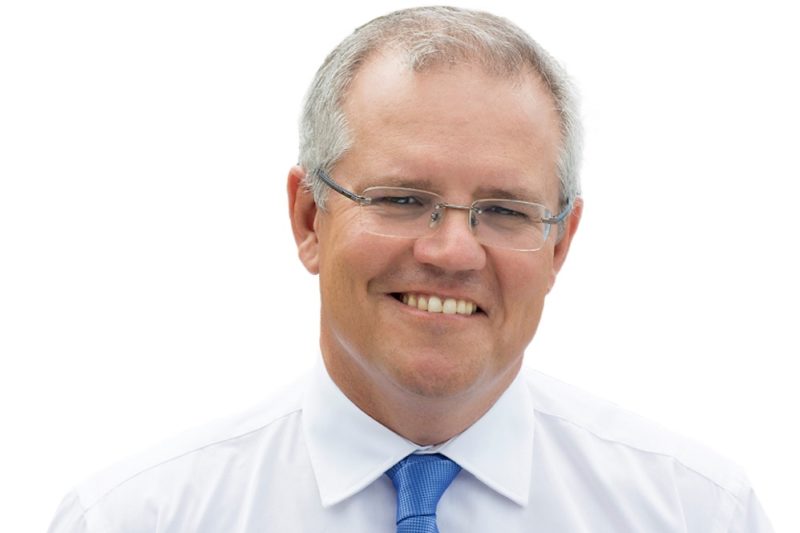Digital advertising tax labelled ‘a dog’s dinner’
The government’s proposal to tax digital platforms has been described as a ‘dogs dinner’ leaving much of the nation’s media and advertising industry’s leaders baffled.
Most of those contacted by Mumbrella to comment on the plan had no idea how a tax would be structured or enforced, with most saying they couldn’t comment as the idea seems to have come from nowhere.

Confusion reigns over Treasurer Scott Morrison’s digital tax plan


Nice one Chris Walton – it’s the worst type of brain fart.
We should just come with acronym for digital that spells ‘coal’ and they’d subsidise it.
You mean the “Clumsy Online Advertising Levy”?
I’d buy that with your tax dollar
Remember that Malcolm “virtually invented the internet” so if this works as well as the NBN, it should be a ripper.
Nice one Mr Walton, couldn’t have put it any better!
Sounds like the Govt is too scared to take on the big guns again. Maybe we should brace ourselves for a Royal Commission in a few more years?
Getting the likes of Facebook and Google to pay up is not hard to fix.
Just strangle their bandwidth allowances at the major Australian IX exchange points.
Their revenues will fall so quickly they’ll literally be begging for the ATO’s payment account number.
How much in tax did Google and FB pay last FY vs NewsCorp? Oh, really? They paid way, way more than SnoozeCorp?
Smells a lot like the Button plan in the 80s to protect the local car industry by subsidising rubbish product (keeping union people in jobs that could otherwise have been retrained and redeployed into higher value industries) whilst heavily taxing overseas manufacturers. That didnt work out too well for Australian consumers in terms of prices paid nor did it deliver superior Australian product vs overseas operators …….